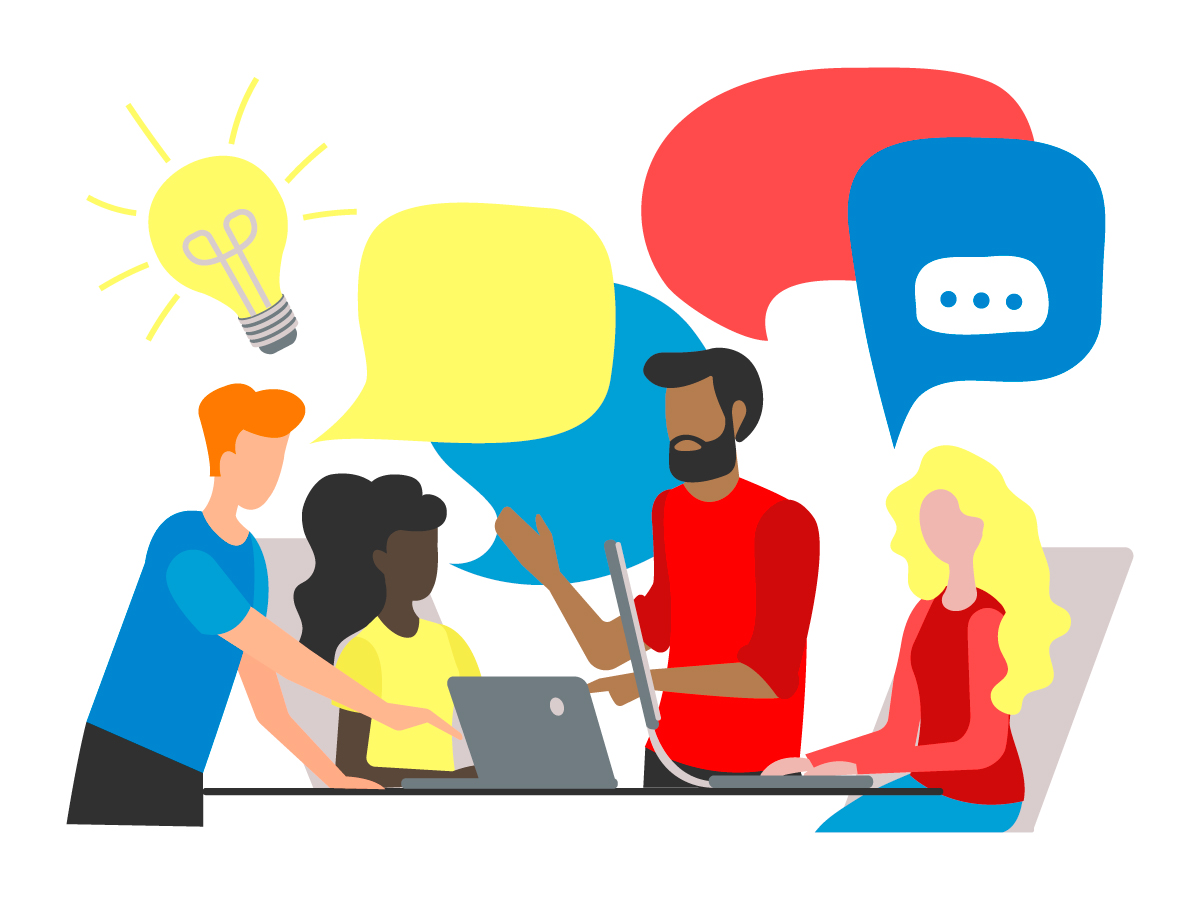
Conscious language (also known as inclusive language) is a topic that is gaining a lot of attention on a global scale. Recently, there has been some heated debate over some publishers’ decisions to edit the works of Roald Dahl and Agatha Christie to align with current language standards. These debates highlight the divide that exists in public opinion on the use and application of conscious language. But how do editors factor into this debate?
As editors, it is important to have a clear understanding of what conscious language is and its purpose. As our society focuses more and more on diversity, inclusion and recognizing and addressing unconscious bias, editors are in a unique position to champion these changes through language. After all, it is language that reflects our collective values, leaves our mark on history and informs our thoughts and behaviours.
Conscious language: what it is … and isn’t
Too often, conscious language is mistaken for an attempt to avoid offending anyone. However, the real purpose of conscious language is to recognize that there are words and terms ingrained in our vocabulary that have been weaponized against and used to dehumanize entire populations.
Conscious language invites us to choose language that includes and respects the lived experiences of all people and prioritizes communities that continue to face marginalization. Conscious language requires us to acknowledge the harm that words have caused — and continue to cause — and forge a better way forward.
The effects of conscious language
Language is always evolving. It is constantly being recreated and redefined by us. Editors are responsible for upholding clear and respectful language and ensuring this standard is applied to any materials that are being edited. It is common for editors to receive pushback when bringing up concerns pertaining to conscious language. However, applying current language standards greatly benefits the writer. It increases potential readership, protects the writer from backlash and helps their work stand up to the test of time.
As our society progresses towards equality and inclusion, materials containing outdated and harmful language will be consumed less and less. This is likely to have been the main motivation behind recent decisions to revise the works of Roald Dahl and Agatha Christie. Publishers sought to increase readership by making these works more appealing to a broader audience, and conscious language was the solution.
This isn’t a new trend for publishers. The works of both Roald Dahl and Agatha Christie have undergone such edits in the past with the alteration of Dahl’s depiction of the Oompa Loompas in the post-1973 printings of Charlie and the Chocolate Factory and its sequel Charlie and the Great Glass Elevator, and Christie’s twice-changed title of And Then There Were None. These changes provided more profit opportunities for these works and neither resulted in the breakdown of classic literature.
Editors as agents of change
There are varying opinions about the merits of bringing classic works up to new language standards, and the topic is being constantly debated. There are many new and wonderful books being written and published that respect evolving language standards. But does that mean that we should exclude readers who do not want to consume dehumanizing and harmful language from experiencing the classics? Who are books for if not for the readers? Shouldn’t everyone who wants to enjoy Roald Dahl’s wild imagination and Agatha Christie’s mastery of the detective genre be able to do so without being forced to accept or ignore language that has caused real-world harm?
As editors, we are asked to put ourselves in readers’ shoes when we are performing any type of edit. Our job is to ensure that the content we are editing serves and advocates for the readers. Are we doing that when we allow dehumanizing language to remain for the sake of preservation? Editors are in a unique position to help progress our language and advocate for change in the literary world. If we can help expose readers to classics without imposing biased and harmful language on them, shouldn’t we embrace that opportunity?
Communication and language have been used to propagate harm. Words have been created to exclude and “other” people whose lived experiences do not align with what society deemed the “norm.” Now the pendulum is swinging the other way. Conscious language can help address and rectify the harmful, real-world effects that language has caused and provide an opportunity to help reduce that harm in the future. It can help us create a more inclusive and caring society. It is exciting to think that editors are on the front lines of this change, one word at a time.
Learn more
Conscious language resources for editors can be found at Conscious Style Guide and Crystal Shelley’s Conscious Language Toolkit.
There are also a variety of conscious language resources, sessions and webinars available through Editors Canada:
- “Editing Out Bias” by Jennie Worden
- “Inclusive and Conscious Language for Editors: How to Edit for Respectful Content and Why it’s Important” by Amber Riaz
- “Conscious Language and Copyediting Fiction” by Amy J. Schneider at the 2023 Editors Canada conference (or available after the conference as a video recording)
- “Running Out of Words: It’s Not a Slippery Slope” by Gael Spivak
___
The Editors’ Weekly is the official blog of Editors Canada. Contact us.
Discover more from The Editors' Weekly
Subscribe to get the latest posts sent to your email.
